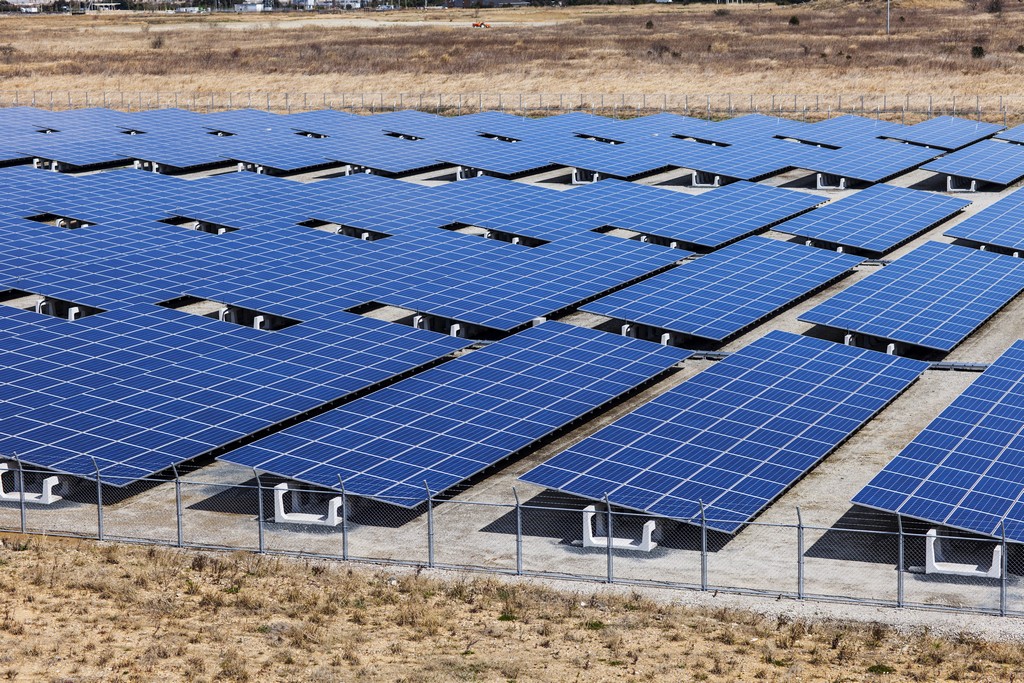Philippine Solar Power Alliance asks DOE to address FIT issues
- September 30, 2016
- 0

The Philippine Solar Power Alliance is urging the Department of Energy (DOE) to answer the issues regarding over-subscription in the previous round of Feed-in-Tariff (FIT) for solar.
In a position letter to the DOE, the PSPA asked why some solar companies were awarded a place in the 500-megawatt allocation although their dispatch did not equate to what was awarded.
Some companies were also granted FIT despite missing the deadline to provide power to the grid.
Data from the DOE show that 17 solar projects with a combined capacity of 417.05 MW were endorsed to receive FIT incentives, including the P8.69 per kilowatt-hour FIT rate.
The second round of FIT for solar required developers to complete and produce electricity from their projects before the March 15 deadline.
“We were told they created a group…to conduct the investigation. They said the investigation will be finished in 45 days, maybe by the end of October,” PSPA President Maria Theresa Capellan said.
“We were already interviewed by the DOE, which also asked for documents from Philippine Electricity Market Corp. (PEMC) and the National Grid Corp. of the Philippines (NGCP),” she added.
Despite these issues, Capellan said that by 2022, there will be no need for solar to undergo FIT as the decreasing price of solar panels would enable developers to compete with other power sources.
“We project that solar plants would cost $1 million per megawatt (MW) by 2022 and it will be lower by 2030,” she said.
In 2014, the cost of solar plants was at $1.6 million per megawatt. This year, it went down to $1.23 million per MW.
Capellan added that with the Malampaya deepwater gas-to-power project about to expire, the country will be required to import expensive gas.
“If we import gas, the rate from gas-fired power plants, which are peaking plants, will increase. So this will translate to higher electricity rates, and solar will be competitive because we can sell at P5 per kilowatt-hour (kWh),” Capellan said.